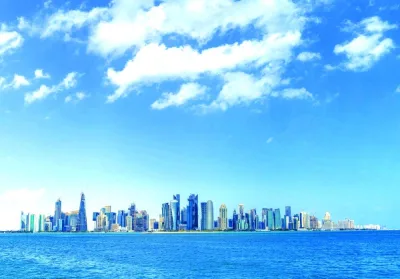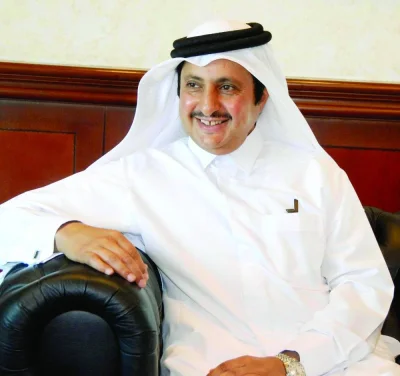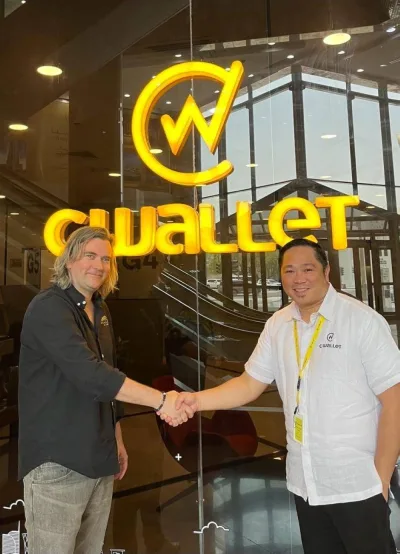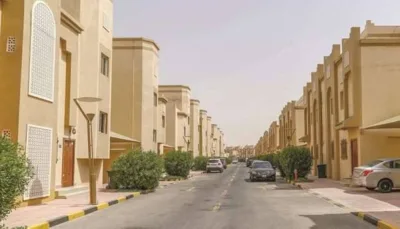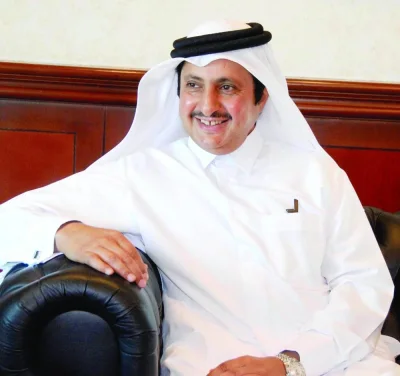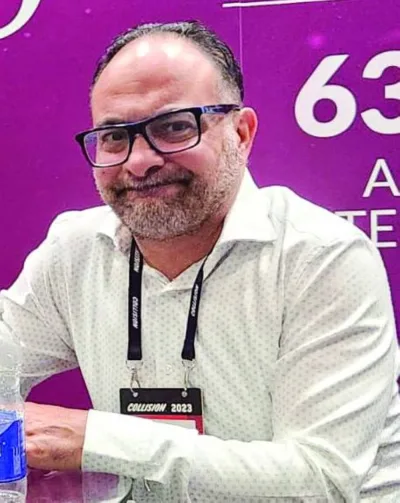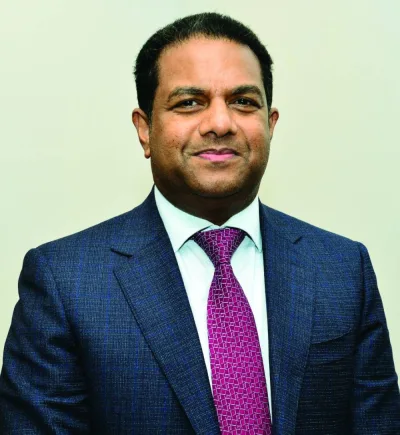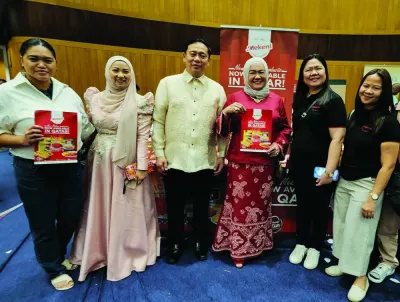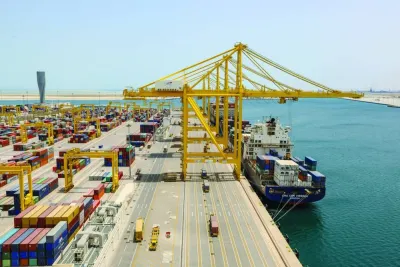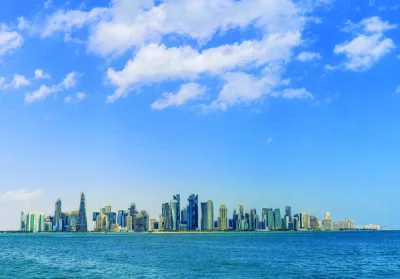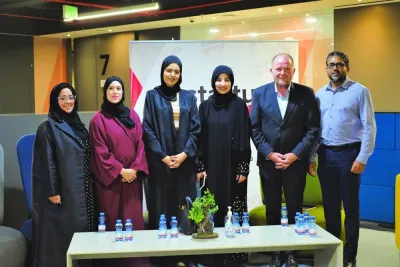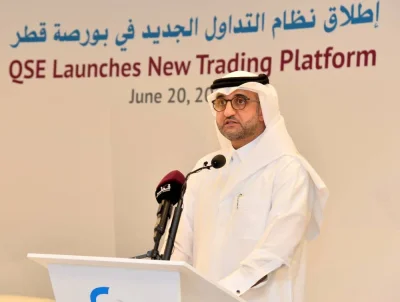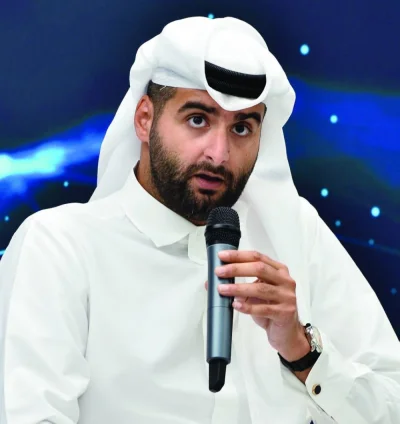Qatar is among the top 15 in the ‘MENA Ecosystem in Affordable Talent’ and among the top 10 in ‘MENA Ecosystem in Funding’ and ‘MENA Ecosystem in Knowledge’ categories of the Global Startup Ecosystem Report (GSER) 2023 edition.According to the Startup Genome website, the GSER 2023 “is a comprehensive analysis of the current state of startup ecosystems worldwide. Now in its 11th year, the GSER provides insights into the world’s leading startup ecosystems, emerging trends, and key challenges facing entrepreneurs.”The report noted that Qatar’s startup ecosystem value, which is a measure of economic impact, calculated as the value of exits and startup valuations from H2 2020-2022, stood at $685mn.Also, Qatar’s startup ecosystem value growth (CAGR), which is calculated based on companies founded in the ecosystem in H2 2018-2020 vs H2 2020-2022, witnessed a 133% increase, the report stated.The report also stated that Qatar scored a 10 in terms of early-stage funding growth, which is based on the number of seed and Series A rounds raised between 2019-2020 vs 2021-2022 and calculated on a scale of one (lowest) to 10 (highest).“Qatar has rapidly established itself as an accessible, stable, and innovative investment destination, a reputation earned through investment in the incubation and acceleration of local and international startups, strategic programming and mentorship, and international partnerships. Qatar Development Bank (QDB) is focused on supporting this growth,” QDB acting CEO Abdulrahman Hesham al-Sowaidi stated in the report.The report stated that Qatar’s successful hosting of the 2022 FIFA World Cup placed the international spotlight on the country’s commitment to innovation and economic development.“Qatar is one of the wealthiest countries in the world with the highest per capita in the MENA region. It ranks number one in the world for foreign direct investment growth, according to the FDI Standouts Watchlist 2023 by fDi Intelligence. Qatar achieved a 70% annual growth in FDI projects between 2019 and 2022.“In November 2022, QDB organised the Qatar Entrepreneurship Conference (ROWAD) as part of the Global Entrepreneurship Week. The Digital Transformation Summit took place in March 2023 in Doha. At-Home-Doc, a telehealth startup, has raised $6.3mn over four rounds, with the latest being a seed round of $1.9mn in January 2023,” the report stated.The report also highlighted the Ministry of Commerce and Industry’s (MOCI) collaboration with QDB and the World Economic Forum in the launching of Qatar’s Advanced Manufacturing Hub (AMHUB).In a report about AMHUB on the Hukoomi website, Mohamed Hassan al-Malki, assistant undersecretary of Industry Affairs at MOCI, highlighted the importance of the AMHUB for leaders of Qatar’s industrial institutions, major national companies, and owners of small and medium-sized enterprises (SMEs).“The industrial sector stands at the forefront of Qatar’s priorities in terms of development, as it represents the main pillar of diversifying the national economy. Moreover, the industrial sector comprises a key element for achieving self-sufficiency in the state, and shaping younger generations’ future, in line with Qatar National Vision 2030.“This platform is a collaborative space to discuss the opportunities and challenges facing the industrial sector, as well as to exchange visions, ideas, and experiences about the industrial and technological capabilities of our country,” al-Malki stated.The GSER 2023 report also highlighted that the India-Qatar Startup Bridge initiative was launched in June 2022 to connect the startup ecosystems of both countries.“Qatar has also established various programmes to support innovation and entrepreneurship, such as the TASMU Accelerator, XLR8, and the Lean Acceleration Programme from Qatar Business Incubation Centre (QBIC), which has a specific programme to assist startups in manufacturing products in Qatar. Additionally, Microsoft launched a cloud data centre region in Qatar in August 2022,” the report stated.

Peter Alagos
Peter Alagos reports on Business and general news for Gulf Times. He is a Kapampangan journalist with a writing career of almost 30 years. His photographs have been published in several books, including a book on the 1991 Mt. Pinatubo eruption launched by former Philippine president Fidel V. Ramos. Peter has also taught journalism in two universities.
Most Read Stories
2

